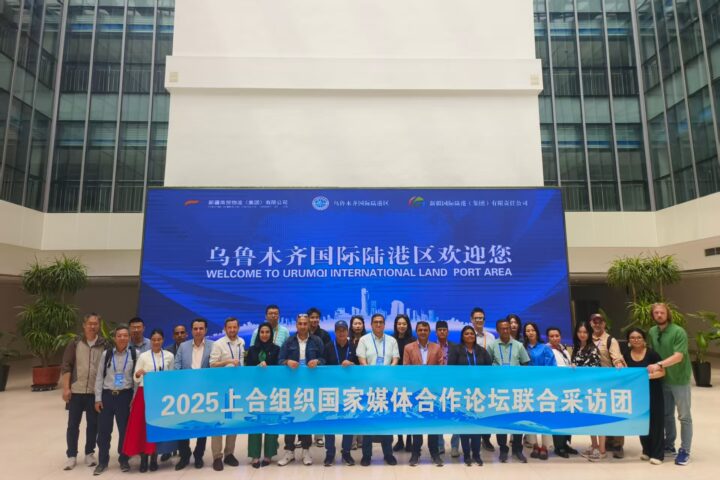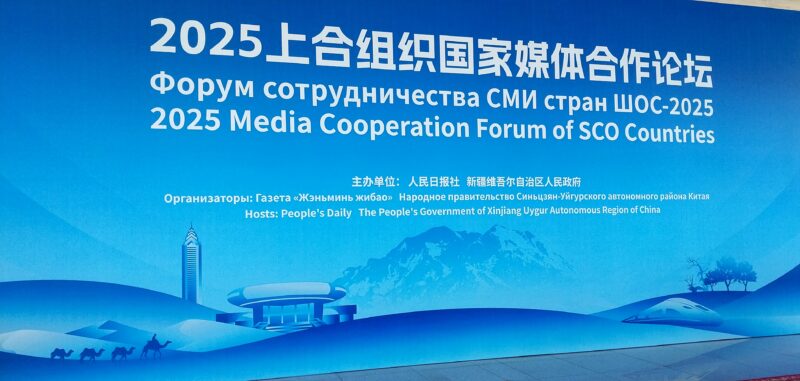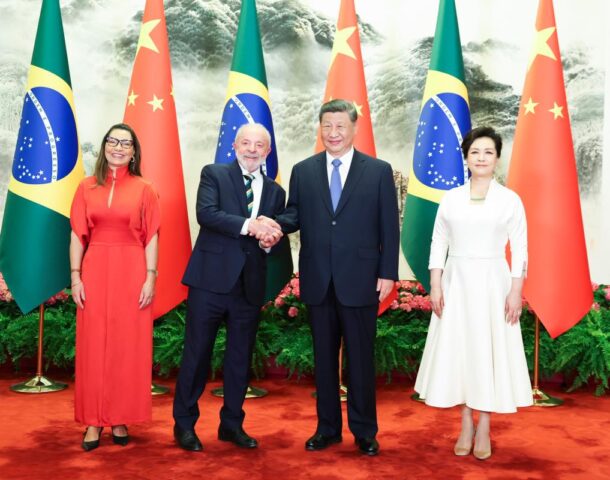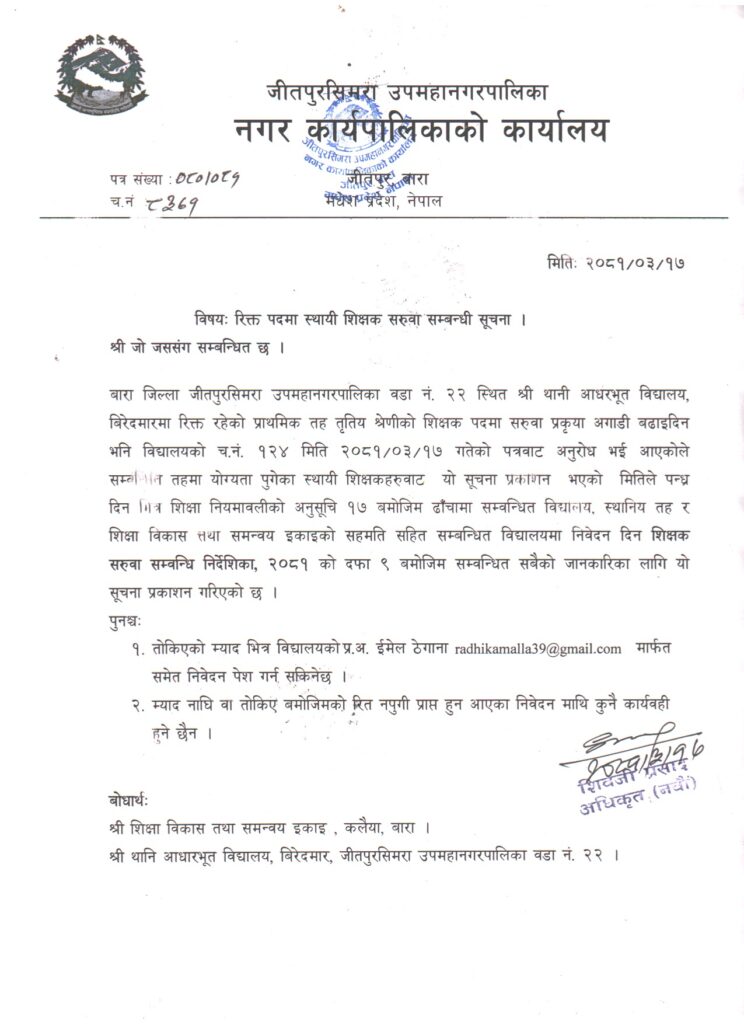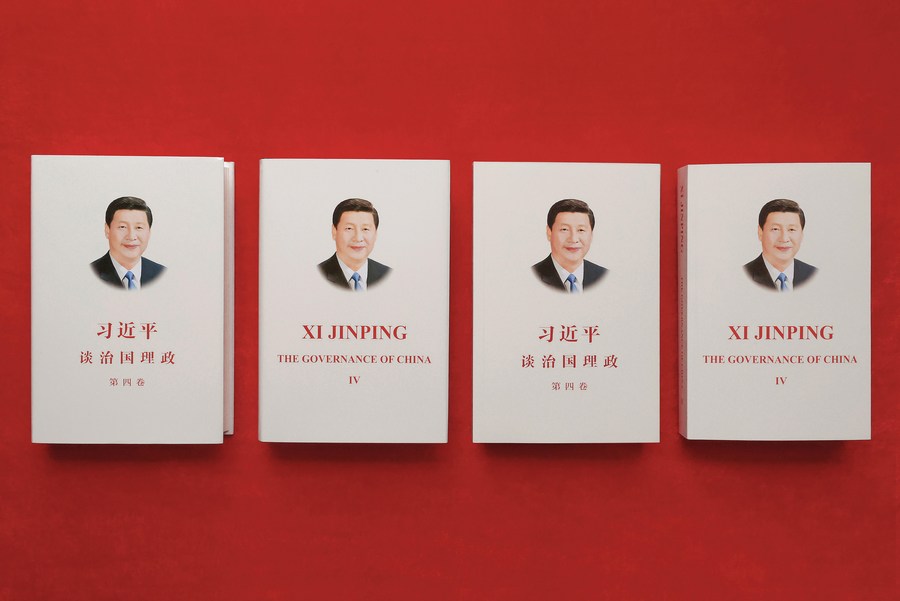
Xi Jinping’s Global Vision in The Governance of China-IV
Saroj Gautam
The fourth volume of “Xi Jinping: The Governance of China” is a significant publication that offers a comprehensive view of President Xi Jinping’s thoughts, leadership, and vision for China’s future. This commentary highlights the importance of this volume for the world, China’s neighbors like Nepal, and the global order as a whole, framing it as a Chinese solution to global problems.

Global Relevance: President Xi’s speeches and writings in this volume are not limited to China’s domestic issues but also address critical global challenges. From climate change to global governance and multilateralism, Xi’s insights provide a unique perspective on how China sees its role in shaping a better world. This volume is crucial for policymakers and scholars worldwide to understand China’s stance on these issues and to promote cooperation.

Chinese Neighbors like Nepal: For neighboring countries like Nepal, understanding China’s governance principles and foreign policy is of utmost importance. China’s Belt and Road Initiative (BRI) and its commitment to building a “community of shared future” resonate with many countries in the region. The fourth volume provides valuable insights into how China envisions cooperation and development with its neighbors, potentially fostering stronger ties and partnerships.
Global Order: In an era of global challenges, ranging from the COVID-19 pandemic to climate change, Xi Jinping’s vision of a “shared future” and “win-win cooperation” can contribute significantly to the global order. By emphasizing multilateralism and cooperation among nations, China offers an alternative approach to address these complex problems, challenging the traditional Western-centric world order.
Chinese Solution to Global Problems: Xi’s governance philosophy, rooted in Chinese culture and Marxism, provides a unique perspective on addressing global issues. His emphasis on “Eco-civilization,” harmonizing humanity with nature, and sustainable development offers a Chinese solution to environmental challenges that the world faces. Similarly, the concept of “whole-process people’s democracy” may inspire discussions about inclusive governance models worldwide.
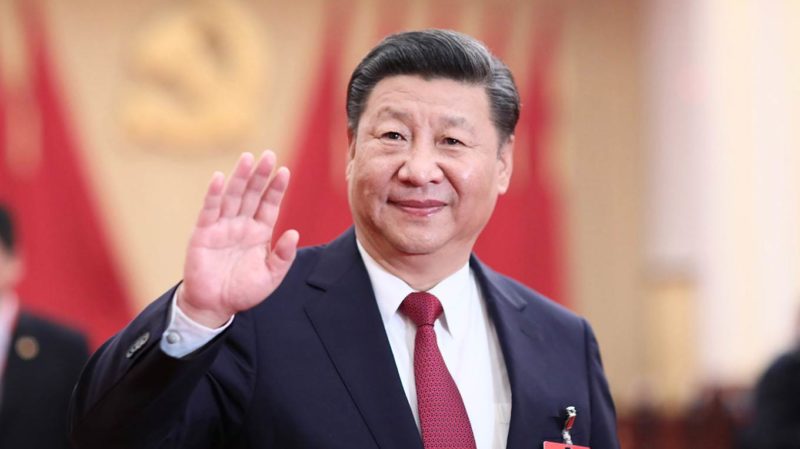
Inspiration for Developing Nations: Developing countries can draw inspiration from China’s remarkable development journey and Xi’s leadership. The principles of people-centered development and social progress presented in this volume can guide nations striving to improve the well-being of their citizens and achieve sustainable development.
Bridging Cultural Understanding: Xi Jinping’s writings often reference Chinese philosophy and culture. This volume serves as a bridge for the international community to better understand China’s cultural heritage and its role in shaping modern governance. It showcases the depth and continuity of Chinese thought in addressing contemporary challenges.
In conclusion, the fourth volume of “Xi Jinping: The Governance of China” transcends national boundaries and offers a holistic perspective on global governance and development. It provides valuable insights, encourages cooperation, and invites dialogue among nations to collectively tackle the pressing challenges of our time. This volume represents China’s commitment to playing a significant role in shaping a more equitable and sustainable global order.
Saroj Gautam, the Editor at AP1 Television Nepal, is an esteemed journalist renowned for his expertise in international relations and diplomacy. His insightful analyses on geopolitical and regional issues have been featured in prominent national and international media outlets.


